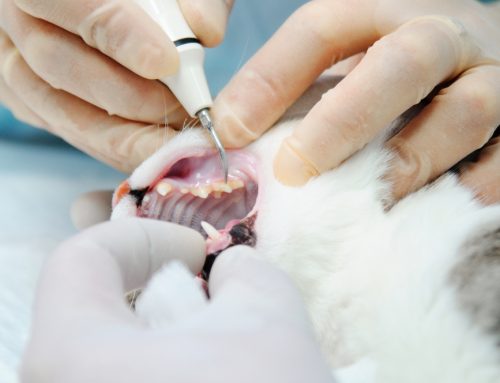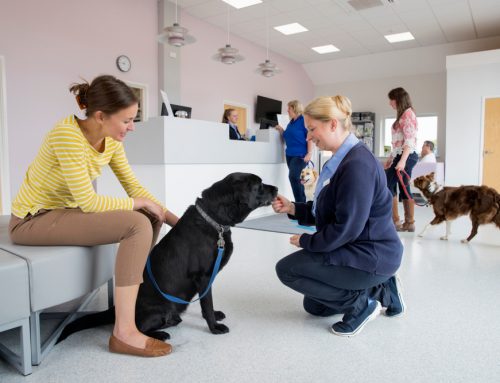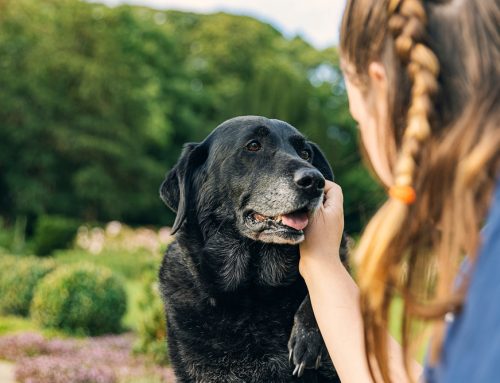
The title “Exotic Pets” refers to a huge range of animals – birds, reptiles, small mammals, even insects – but there are a few general ideas that can be applied to all of these “special species” to better manage their care.
- Get the Basics Right – A huge proportion of exotic pets’ health problems are the result of owners not providing the correct care for the animal. It can be challenging to meet the needs of an animal that is native to any environment from a rainforest to a desert! Before choosing to adopt an exotic pet, seriously consider whether you can care for them properly. Reptiles can be particularly challenging even for experienced pet owners to keep healthy in captivity. Research your pet’s needs thoroughly. In some cases, websites and pet store employees can be good sources of information, but often they are not up-to-date on the best level of care. Please, please, please, call or email your vet to get the best information. They may discuss the best standard of care with you in detail, or refer you to a web resource they trust.
-

The Value of a Routine – Exotic pets are often prey species, and as a result, they will generally hide signs of illness as long as possible. The reason for this is simple – if a prey animal allowed itself to appear sick or hurt in the wild, it would quickly be captured and eaten by a predator. Even though our exotic pets are safe from predators in our homes, this inclination to hide signs of illness is “built in.” How, then, do we know if an exotic pet is not feeling well? Subtle signs will often be present if we know how to look for them. One of the most helpful things an exotic pet owner can do is maintain a routine for their pet. Provide fresh water and a measured amount of food at the same time every day. This way, if less is consumed, you will notice the difference more readily. If you offer a new food item, begin giving just a small amount at first, and never give too much of any treat. Know what times of day your pet is normally active and alert and what times they generally rest. A pet who hides or sleeps more than usual may not be feeling well.
- Monitor Health at Home – We must continually be on the lookout for signs of illness in our exotic pets. A few sneezes, a loss of appetite, or a day spent hiding may be the only clues our exotic pets provide before becoming seriously ill. One more tool we can use is monitoring our exotic pets’ weight. A gram scale – a kitchen scale or postage scale – can allow our small exotic pets to be accurately weighed once weekly. Young animals should continually gain weight and never lose it. Most species will reach their adult weight and maintain it, with only very small losses or gains over time. Some species, like reptiles, may continue to gain weight at a slow rate throughout their lives. Write down your pet’s weight weekly – if you ever notice a significant decline in weight that is outside of the usual pattern, this is likely a sign of illness. Of course, being significantly overweight is also a health concern.
-

Visiting the Vet – Exotic pets are often more stressed by a trip to the vet than our dogs and cats, and the benefit of seeing a vet has to be weighed against the fear they may experience as they leave their familiar environment. Fortunately, we can take steps to reduce the stress of a vet visit for exotic pets. Transport your exotic pet in a small solid-sided container (such as a Kritter Keeper), preferably covered so that it is dark. For some species, small fabric pet carriers available in pet stores work well. For others, a simple cardboard box may be effective if it can be closed securely. Assure your exotic pet is kept warm during transport in the colder months. Particularly for birds and reptiles, even a brief chill can be dangerous. Warm water bottles may be effective; there is also a product called a “Snuggle Safe” which is a microwavable heating pad that stays comfortably warm for several hours.
- Talk to the Vet – If you notice something out of the ordinary and are concerned, feel free to call or email your vet before making an appointment – it may or may not be necessary to visit. In some cases, emailing a photo or video of what you are noticing can be helpful, too.
Visit our website and blog at boltonvet.com for more articles like this.
You can also follow us at facebook.com/boltonvet
Copyright Bolton Veterinary Hospital / Michelle K Pesce, DVM
To download and print this article, please click here.






Leave A Comment